Stop letting guilt and other people’s expectations hold you back from living the life you want. Learn powerful tools to start advocating for yourself and become a bolder, more confident YOU.

I missed the memo that in order to be a healthy adult, and live a fulfilling life, you need to know how to become more assertive.
It wasn’t until my late 20’s that I realized I was good at prioritizing the needs of others but not so great at advocating for myself and what I believed or desired.
Maybe you’ve found yourself in the same position lately and you’re wondering if it’s possible to be assertive without being mean or feeling guilty.
Thoughts like these played on a loop in my head any time I had to make a choice between living up to the expectations of others or going for what I wanted.
In this post, I’m going to help you get a clear understanding of what it means to become more assertive and show you ways to improve your confidence and self-worth so that you feel less guilty over time.
HOW TO BECOME MORE ASSERTIVE WITHOUT FEELING GUILTY
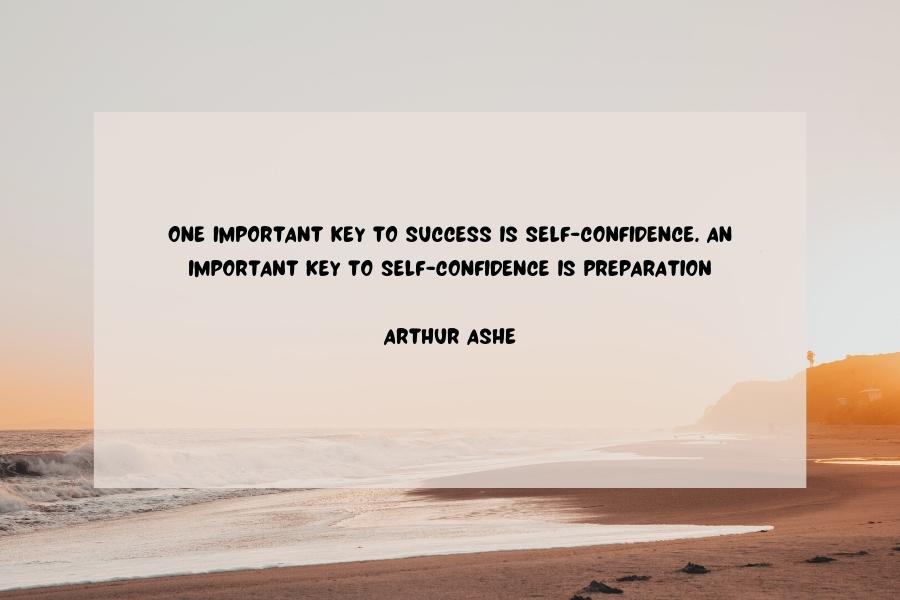
WHAT DOES BEING ASSERTIVE MEAN?
I think everyone wants to know what it means to be assertive because there’s a misconception that in order to be a good advocate for yourself, you have to be rude, loud, or selfish.
IMO, this is one of the main reasons why people don’t feel empowered enough to assert themselves and tend to opt for more palatable choices like playing nice and keeping the peace instead.
When you look at the definition of being assertive, though, it has nothing to do with any of things.
Having the confidence and boldness to speak up or go after what you want or believe is the definition of being assertive.
It is also linked to the willingness to take risks and act innovatively.
So, this proves that you don’t have to be a cold-hearted machine in order to become more assertive.
HOW DO I KNOW WHEN I NEED TO BE ASSERTIVE?
One of the first things that I realized about less assertive people is that we’re great at prioritizing the needs of others and do this even when we fundamentally disagree or want something different.
The reason I think this happens is because we have some level of fear, worry, or anxiety about how others will respond if we express ourselves.
These fears can stem all the way from childhood and can be so crippling that it feels easier to comply, or say nothing, than cause disappointment or an argument.
If you’re wondering if you need to become more assertive, consider how often situations like the following happen in your life:
- You consistently prioritize the needs and happiness of others above your own
- You tolerate rude or disrespectful behavior in order to “keep the peace” or avoid confrontation
- You remain silent when you’re overlooked for accolades or rewards, despite being well-deserving
- In conversations, you are hesitant to speak or offer a differing opinion
- You often agree to plans that you don’t want to do
- You show up for others even though they do not show up for you
All of these situations, and more, are good examples of knowing when it’s time to be more assertive.
CHECK OUT:
7 THINGS YOU NEED TO TRY TO FIND HAPPINESS IN LIFE
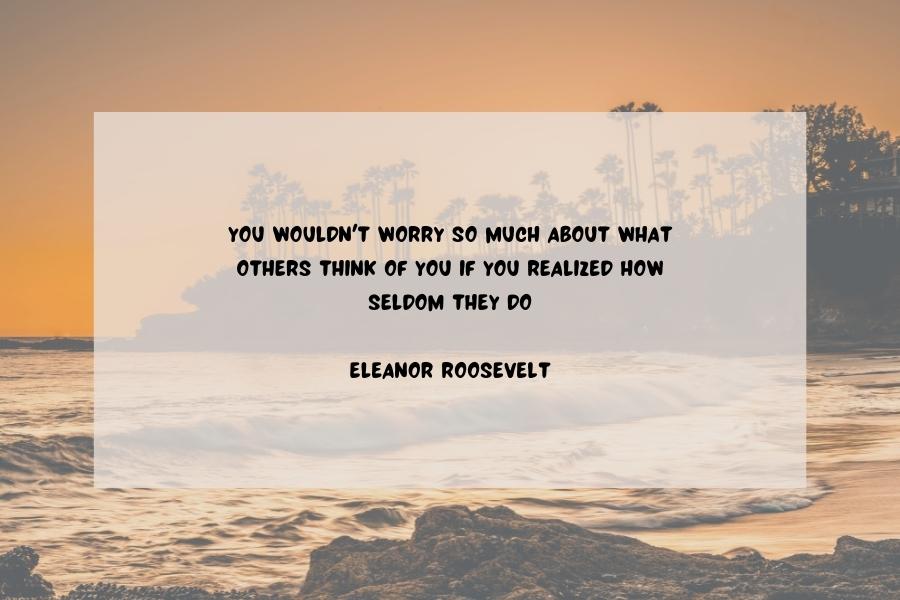
IS IT EASY TO BECOME MORE ASSERTIVE?
For some personality types it might be easier to become more assertive but those are not usually the people who struggle with self-advocacy.
In fact, they’re the ones who are probably trying to learn how to be softer and more sensitive.
If you come from a strong cultural or religious background, where the good of the group is prioritized over the individual, becoming assertive could feel like a hard and lonely journey.
When the shift from what you’d previously done to what you want to do, is so grand, it can cause a multitude of emotions from you and the people who’ve become used to your patterns.
WHAT IF BECOMING MORE ASSERTIVE PUSHES AWAY PEOPLE I LOVE?
As you find your voice and learn to express yourself, you will undoubtedly be met with resistance.
Whether you’re becoming more expressive or starting to create boundaries where they did not exist previously, there is a chance that others may feel betrayed, challenged, or caught off guard by this.
It’s important to remember why you decided to become more assertive and lean into your dreams and goals while allowing time and space for others to adjust.
This might mean having uncomfortable conversations about the way things were and how they have to be going forward.
Be gentle with yourself, and others, as you figure out the new normal.
But, if they decide to walk away because you acted in the best interest of yourself, let them.
People that love and support you will find a way to adjust.
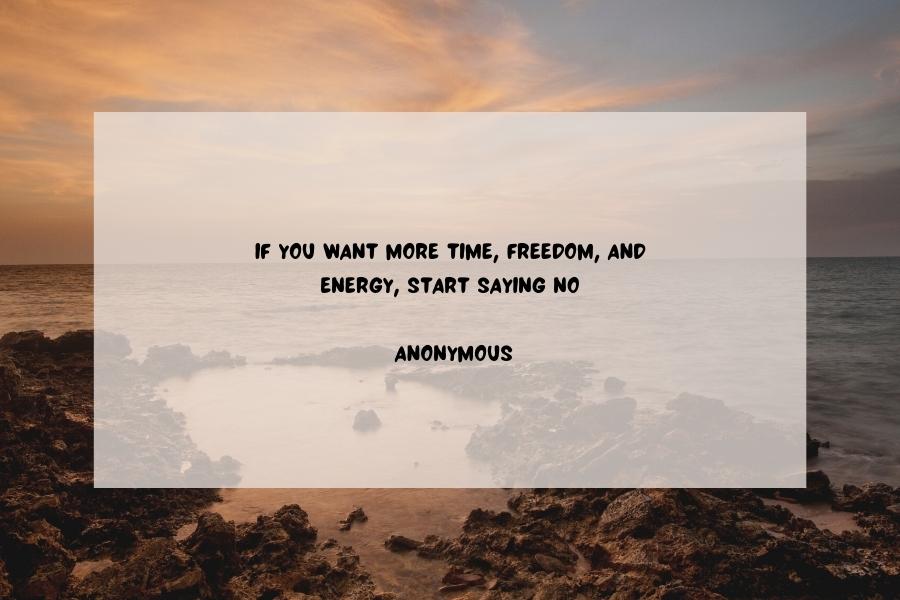
HOW DO I STOP FEELING GUILTY?
Anytime you’re going through a change, you will need some time to adjust and becoming more assertive is no different.
Many people, including myself, can feel a tremendous amount of guilt whenever we do anything that prioritizes our needs over others’.
It can be as simple as not returning the call of a needy friend, after you’ve had a long day, or even cancelling a previously scheduled trip due to finances.
Situations like these are among many reasons and unforeseen circumstances that can make you feel guilty…
if you let them.
When you’re operating with love and the best of intentions, the only person who can make you feel guilty is you.
Know that the more you express yourself and build your confidence, the less guilt you will feel over time.
But, like any skill, you have to practice it in order to become more bold and less impacted by the opinions, and guilt trips, of others.
You alone are responsible for your life and making your dreams/goals come true.
If expressing yourself, or doing what’s best for you, makes others think you should feel guilty, then it might be time to reconsider the extent of the relationship.
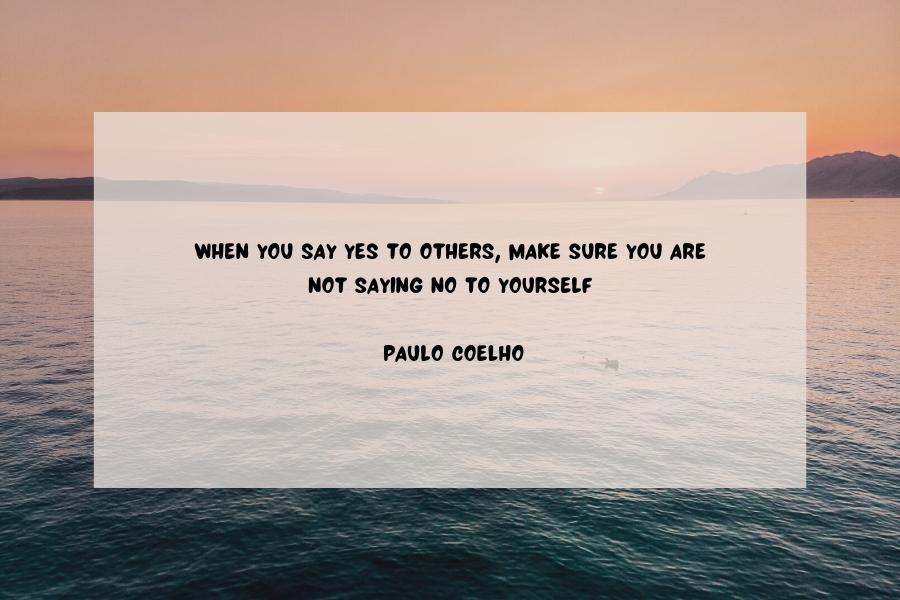
WHAT ARE SOME THINGS I CAN DO TO BECOME MORE ASSERTIVE?
Check out this list of 20 things you can do to become more assertive:
- Correct people who mispronounce or misspell your name
- Maintain eye contact when having a conversation
- If you’re busy, ask people to schedule time on your calendar to talk or work through an issue instead of breaking focus to address it
- Join a club like toastmasters to help boost your confidence with speaking or leadership skills
- Find like-minds in your community or follow them on social media
- Use the word no at least once a day without explanation
- Think about what you want before saying it aloud. Create goals with clear, defined plans
- Build confidence by staying quiet about future plans or big goals. It helps keep doubt and naysayers out of your head
- If you feel uncomfortable or disrespected, say it. Then take time and space to think about how you want to respond or if a new boundary is needed
- Clearly define and express your boundaries with everyone in your life. Audit them every 6 months
- Stop calling yourself a people-pleaser. Replace negative thoughts and labels with positive daily affirmations.
- Start working out. When you feel more confident in your image, you’ll feel more encouraged to go after what you want.
- If someone is more than 5 minutes late, without a heads up, then leave
- Find research or data to support a belief or plan you have. This will make you feel more confident and able to convince others
- Stop basing decisions on emotion and prioritize logic and reasoning instead
- Spend more time alone and enjoy yourself without the company of others
- Let calls go to voicemail. If it’s urgent, they’ll keep calling. If it’s not, they’ll figure it out.
- Reduce your contributions to situations and relationships that no longer suit you…even if you’ve known them your whole life
- If you see something wrong, say something
- Go to therapy or get a life coach to help work out trauma. You’ll be better and lighter because of it
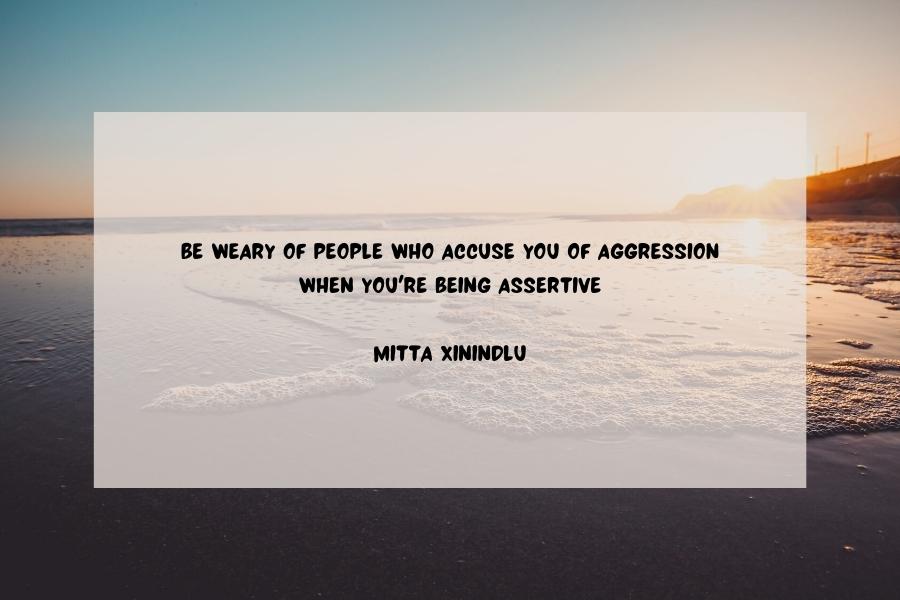
CONCLUSION
Now that you understand the definition of being assertive, why guilt is a choice, and how to boost your confidence and self-worth, I hope you feel empowered enough to become more assertive.
This is an area that I’m always working on so if you have any tips that have worked for you, please put them in the comments below so I can try them!
Xx